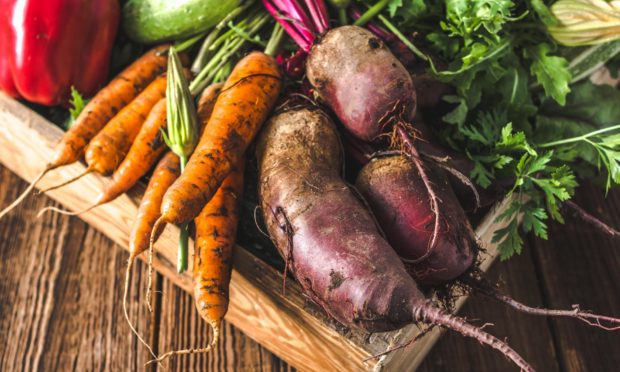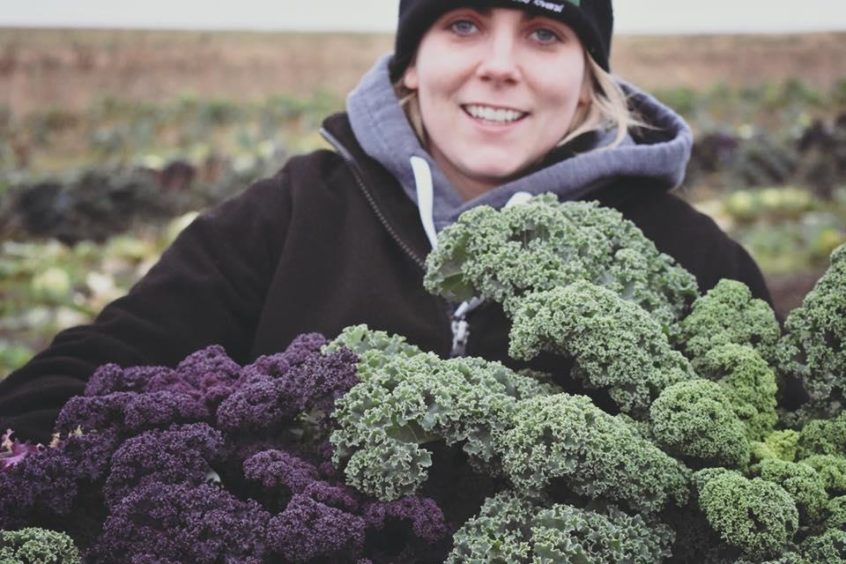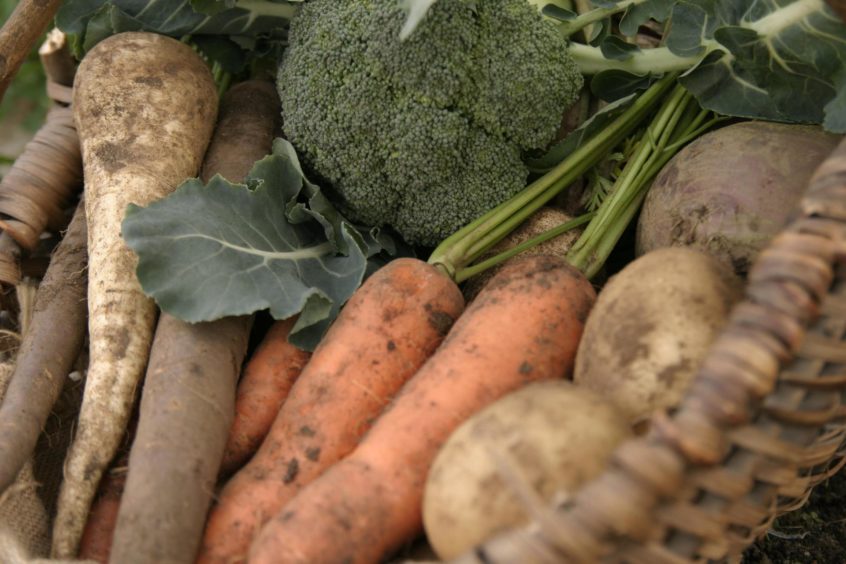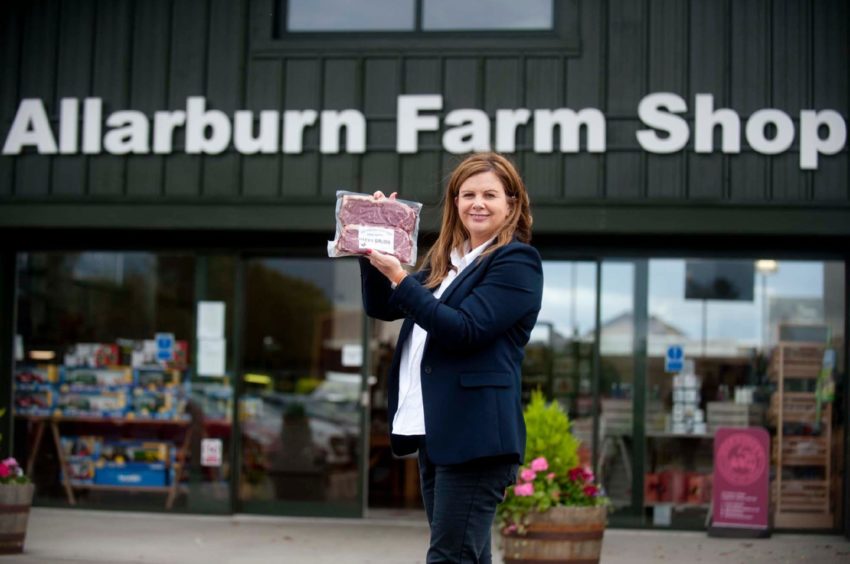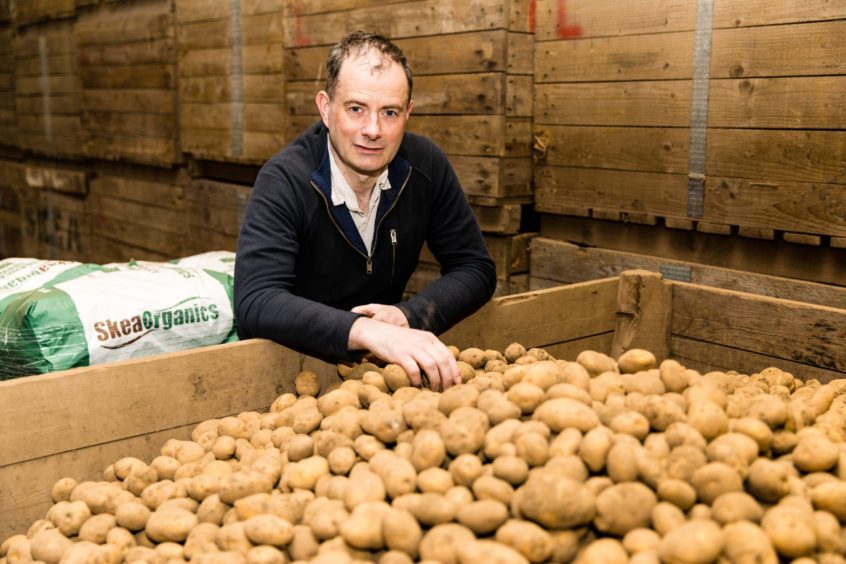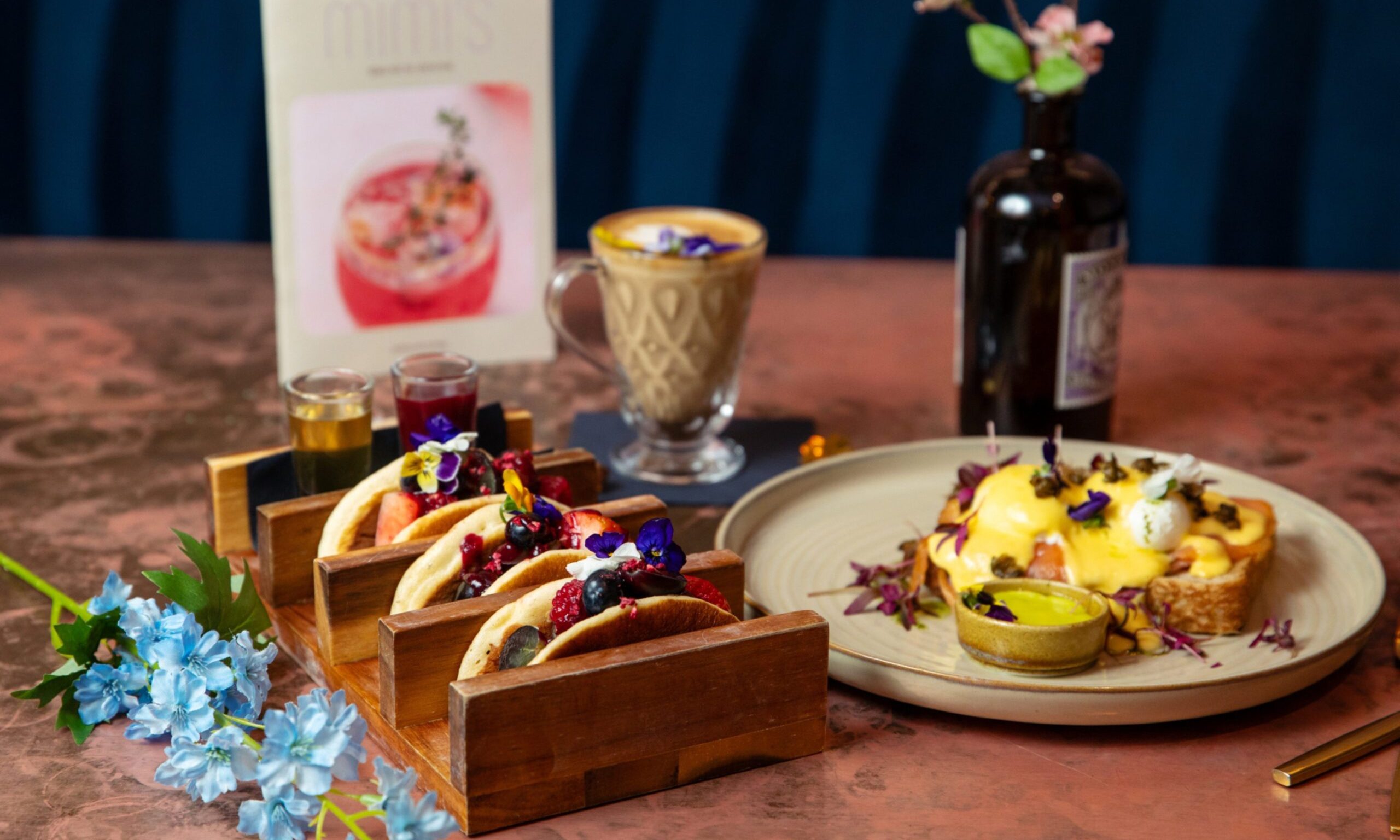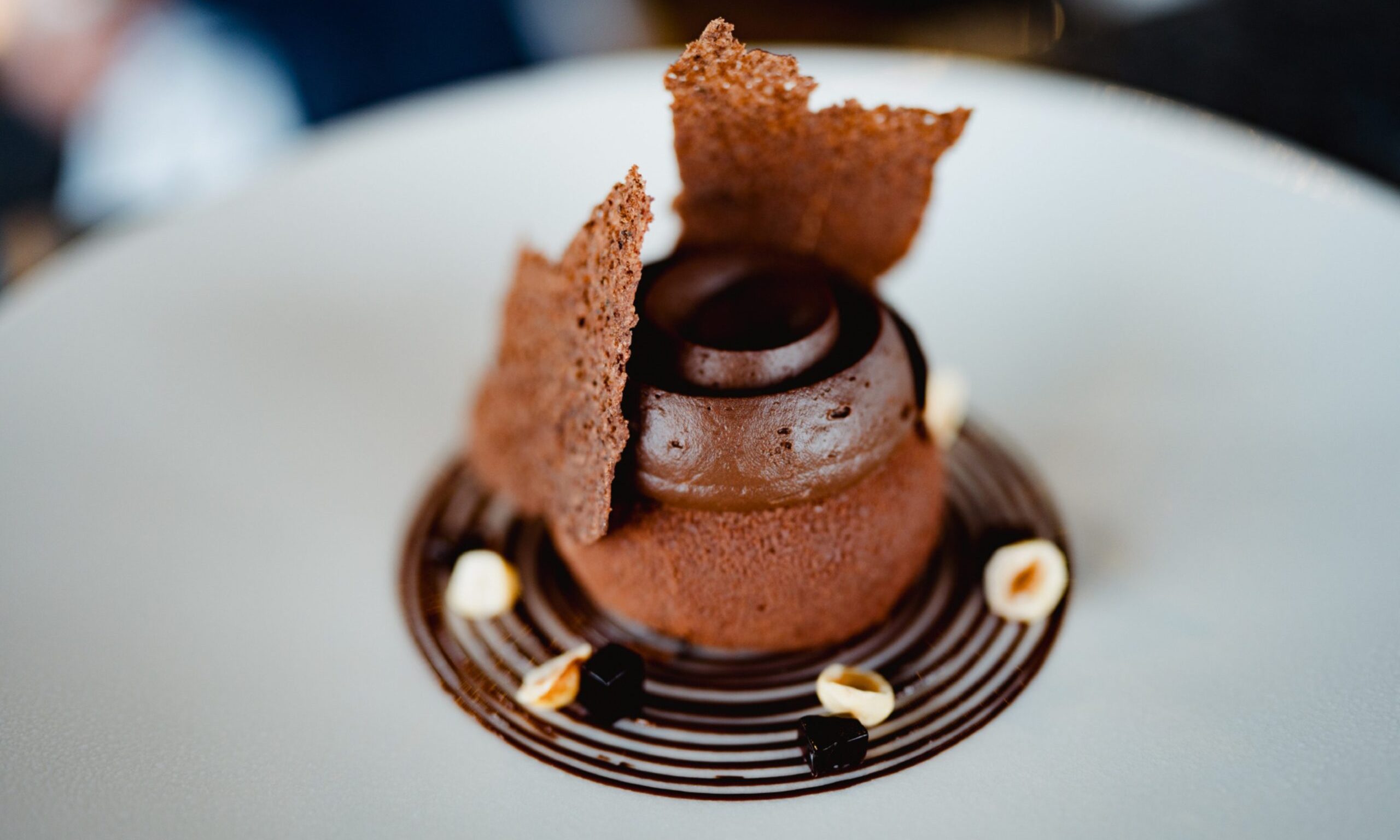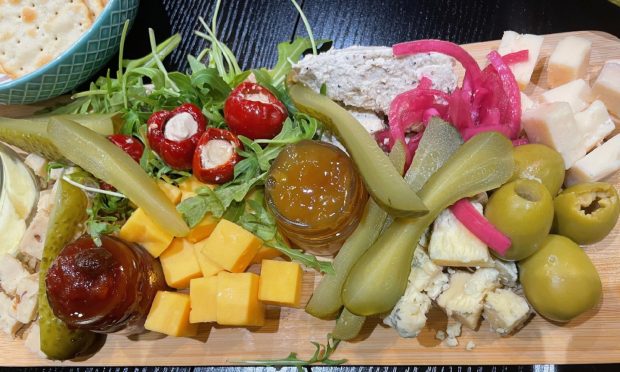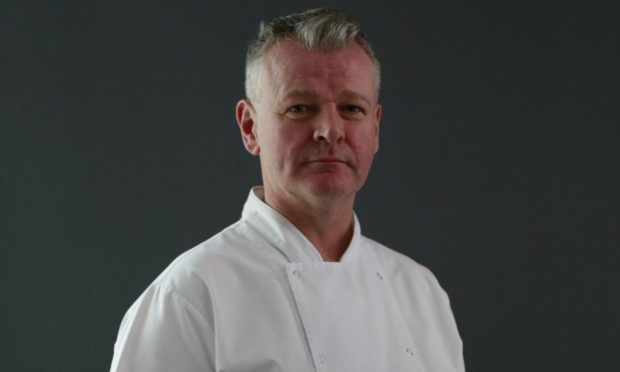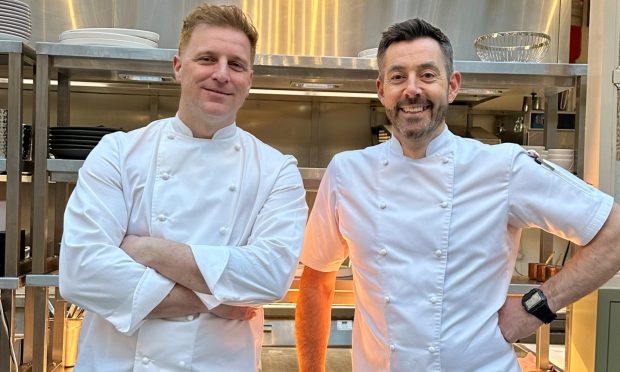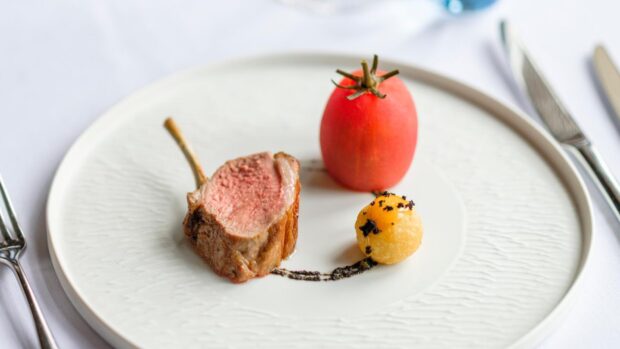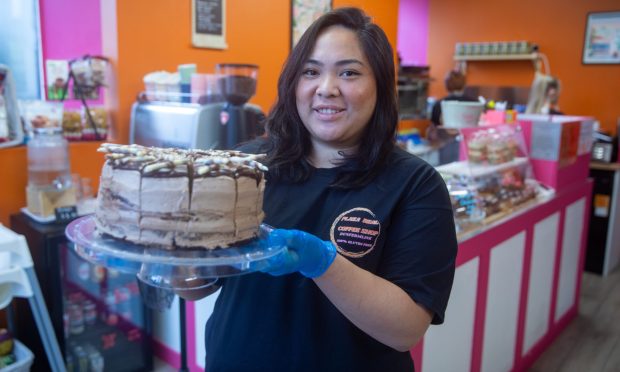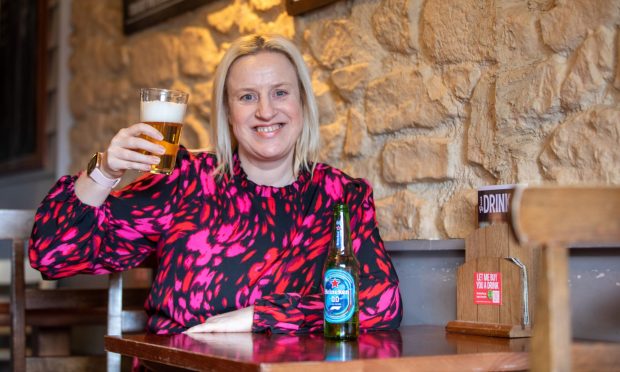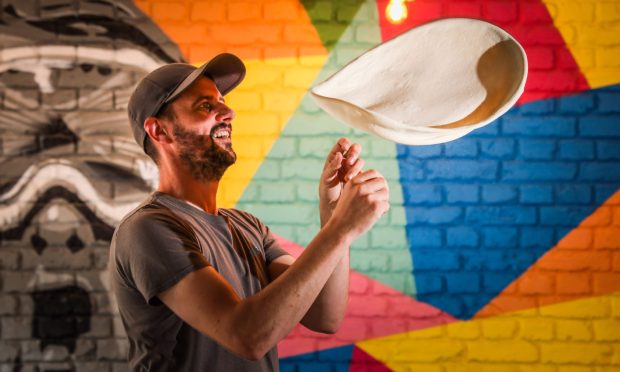With pressure on local veg producers to help feed a nation on lockdown in 2020, many experienced an increase in sales and support from customers.
As the nation was in some type of lockdown for most of last year, many of us turned to local businesses for home deliveries for our food and drink, including locally-produced vegetable boxes.
And it was down to local producers and farm shops to help feed the nation, with several experiencing a sudden surge in demand for homegrown food such as vegetables, fruit and grains.
In May, the UK Food Foundation reported sales of veg boxes went up by 111% during the six weeks from the end of February to mid-April. The British Onion Producers Association has also reported increases of 25% in sales of onions last year compared to previous years, with a 70% increase experienced during the early stages of lockdown.
But with the crux of the demand and pressure on local producers now past its peak, several producers are wondering whether the same support for local will continue through 2021 and whether they’ll be able to survive without the same support.
Cooking from scratch
Nikki Storrar from Ardross Farm in the East Neuk of Fife says that the increase in support has been “really great to see”, particularly as the farm shop grows its own vegetables.
She said: “We found an increase in our vegetable sales in 2020, especially when we first started in lockdown, as people were really adventurous with their cooking and I think were cooking a lot more from scratch.
“Raw ingredients such as vegetables, herbs, spices were in high demand, which has been really great to see. I think some of this was also to do with people trying to be healthier and keep themselves as well as possible during a pandemic. Our homemade bone broths were also big sellers and as we grow our own veg for the shop, this demand and support is wonderful to see.”
Though, one of the major challenges faced by the farm shop was the sudden “hungry gap” they experienced, during which their expected crops hadn’t come through in time for March. Despite this, the farm shop hopes support for local producers continues when things do return to some sort of normality.
‘Hungry Gap’
Nikki continued: “Although sadly, the big increase in demand initially was during our ‘hungry gap’ on the farm. We had lots of things sown but not a huge amount was ready in March.
“Eating more fruit and vegetables, especially local ones has to be good for everything; people, economies and the environment. Due to the pandemic going on for so long we are hoping that people cooking good, fresh food at home will now be a habit.
“However, currently people have a lot more time if they are furloughed and can’t go anywhere. I don’t think it will be long before a degree of normality will return.
“Ideally when we go back to normal, people will be really eager to eat out and get a break from cooking, therefore supporting the local restaurants but when they are home they will continue to cook for themselves.
“It will be interesting to see if this continues into 2021 as we’re only a few weeks away from a year of restrictions. From what we have seen so far though, sales of fresh fruit, veg and meat are continuing to be a priority for customers, however that may change when restaurants are able to open. I know everyone is desperate to have a night off cooking.”
Upwards in Elgin
In Elgin, Hilary Anderson, managing director at Allarburn Farm Shop, says the business has seen almost an almost 25% increase in homegrown vegetable sales, something they also hope continues into 2021.
Hilary says: “We have found a 24% increase in our Home Grown Allarburn Vegetables since March 2020.
“This is due to customers making a considered purchase on where they would like to buy fresh local produce during this uncertain time and partly due to them buying larger quantities when out shopping with the comfort that our produce has no road miles and is therefore very fresh.
“This upward trend continues at this time on our Allarburn Home Grown at Mayne Farm Elgin, Maris Piper, Kerr’s Pink and Rooster potatoes.”
Potato passion
Meanwhile, John Skea, who farms organic veg in Auchterhouse, near Dundee says his family business saw a surge in demand last spring that was similar to Christmas time, which he says is still being maintained.
“We’re predominantly potatoes. Straight after the first lockdown, it was just like Christmas Week for us with the amount of demand there was. Actual Christmas week for us is unreal because all of a sudden, these people who are usually eating in restaurants or sandwich bars are at home, and they want food. So the first lockdown last year was exactly the same as that for us.
“We do seed potatoes as well for gardeners, so we had a surge in those too as a lot of people were home and so wanting to start growing potatoes in their gardens. Seed potato sales to gardeners absolutely took off.
“It looks like the sales have maintained. My brother operates a mail-order seed potato business called Potato House and we still have our regular customers through that, such as the likes of B&Q but a lot of individual customers aren’t shopping in the way they used to. So they’re tending to do their buying direct from producers, such as Potato House and get it delivered to their door.”
Grocer fresh
One of the most impacted organisations of the increase in buying from local producers was the nation’s grocery shops.
Dr John Lee, from the Scottish Grocers’ Federation, said: “Feedback from our members is sales of fresh fruit and vegetables has increased over the course of the pandemic.
“As a response to lockdown, consumers have been cooking more at home and we think this is driving the increased sales of fresh produce.
“The Scottish Grocers Federation’s Healthy Living Program, which is supported by the Scottish government, is helping to boost the range and quality of fresh within the convenience sector and local stores are very well placed to ensure that this trend continues.”
